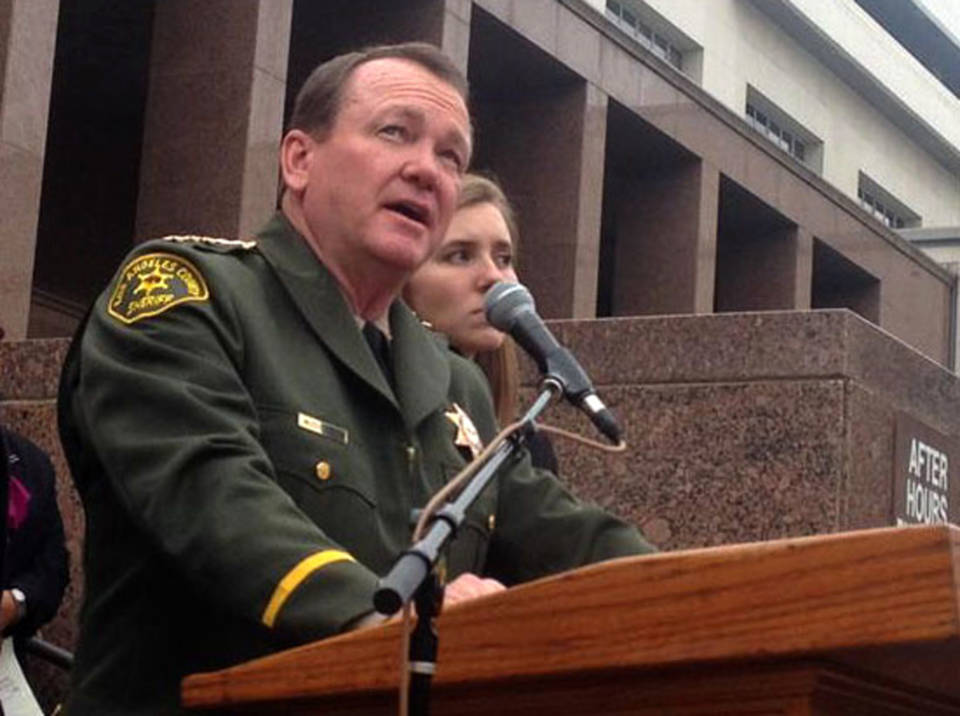"Things have gotten a lot better," said the Rev. V. Jesse Smith, who lobbied for federal intervention.
But deputies still sometimes harass minorities or treat them rudely, he said. "That still happens."
That's why the consent decree should stay in place, said Smith.
The Sheriff's Department declined to comment.
It was a federal consent decree in the wake of the Rampart scandal that played a key role in transforming the LAPD, said attorney Gerald Chaleff, who oversaw implementation of the decree.
"It required the LAPD to do things it otherwise would not have done," said Chaleff, who now consults with other police departments operating under federal consent decrees.
Under its consent decree, the LAPD tightened its use-of-force policy, created strict protocols for use-of-force investigations and dramatically improved training. It also created a sophisticated computer program to provide an early warning about officers who may have problems with use of force.
Consent decrees provide "an outside view of what’s going on in a department," said Chaleff. They also force cities and counties to spend money on reforms to avoid being in contempt of court.
Sessions has suggested the current decrees around the country amount to unnecessary federal meddling in local police departments. He’s argued that the bad behavior of a few cops should not force dramatic changes at otherwise solid agencies.
Sessions will not be able to end decrees on his own, said Chaleff. "This cannot be done unilaterally," he said. "It’s now in the hands of the judge."
Only the judge overseeing a consent decree can decide that a law enforcement agency has met all of its obligations to reform.

